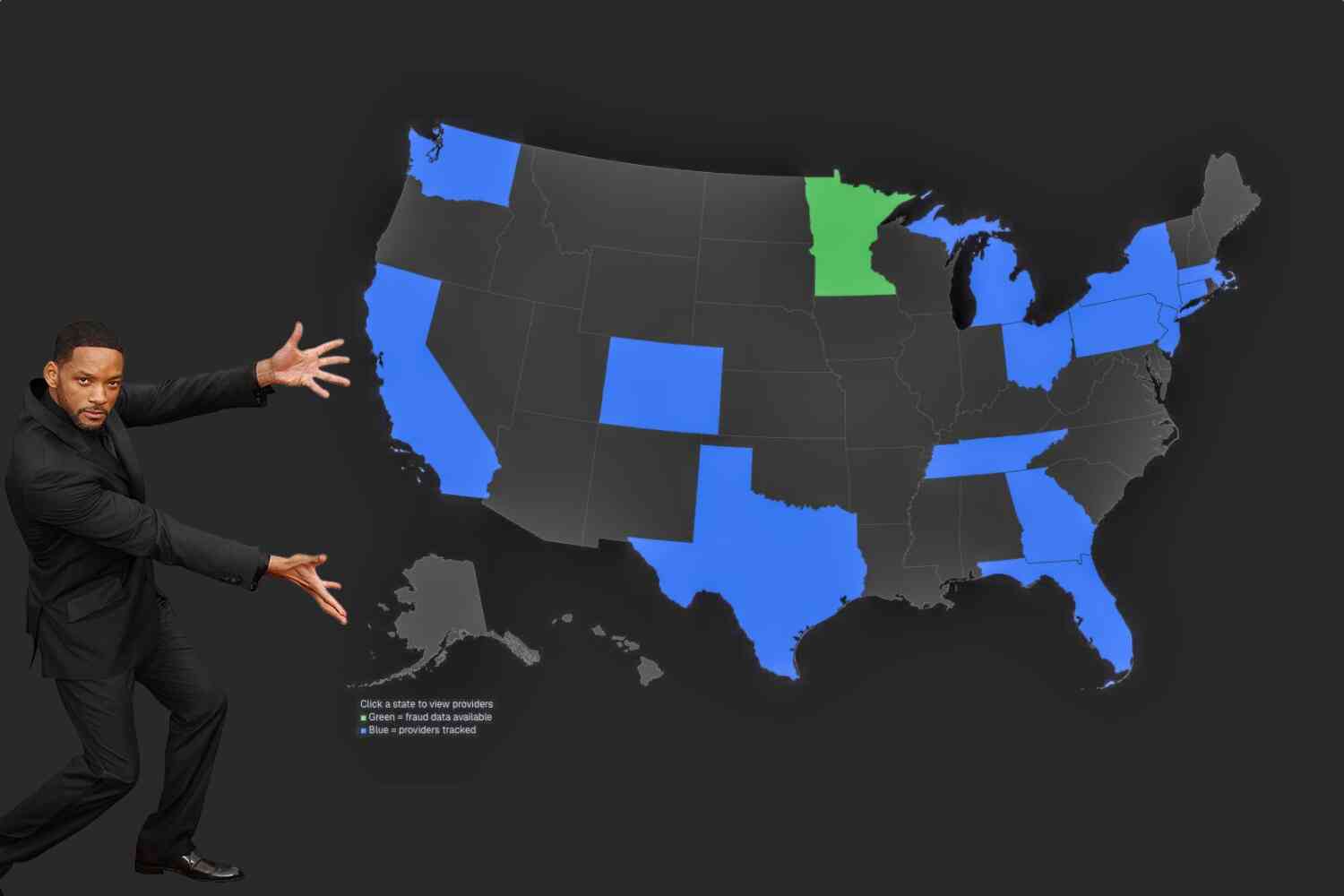I used to subscribe to The Economist back in the ‘80s when it was considered a status symbol in certain circles. You'd see young, aspiring Wall Street types walking importantly through New York's financial district, an unread copy of The Economist conspicuously tucked under their arms.

For those of us who actually cracked open the cover, it was a welcome antidote for the dumbed-down news magazines of the day, most of which were written at a Baltimore High School reading level. In contrast, the Economist was smart, interesting, and entertaining, and by British standards, conservative.

It is not that anymore. It has instead become a kind of leftist National Enquirer, with shrieking, attention-grabbing headlines and apocalyptic warnings of death and doom. They are one "Decapitated British Mum Possible Victim of Putin Operatives" away from going full supermarket tabloid.
Which brings us to this bit of alliterative hysteria (paywalled):
America's Killer Cars!!!!
The descent of The Economist from journalism to juvenilism is in full display here, complete with the additions of a skull-and-crossbones logo and the "XXXXL" license plate.
Okay, okay, we get it. The vehicles are big and deadly. You made your point. Or, do you want to maybe add text saying "BIG!" and "DEADLY!" complete with arrows pointing to the vehicle to make absolutely sure your message gets across.
The Economist begins the way these pieces always do, with the requisite scare stats, statistics presented in the most dramatic and overwrought manner possible (all emphasis mine):
THE NEXT time you are stuck in traffic, look around you. Not at the cars, but the passengers. If you are in America, the chances are that one in 75 of them will be killed by a car — most of those by someone else's car.
Oh no! One in 75?! That means someone in my office is going to die!! Is it going to be me? It's going to be me, isn't it?…
Also, wait, killed by a car? That probably doesn't end well.
I could not independently verify the number and The Economist did not seem particularly interested in citing a study backing up their claim, so I did a quick back-of-the-envelope calculation using the roughly 43,000 fatalities involving automobile accidents in the United States each year and found that the 1-in-75 statistic appears to be lifetime risk. Not great, but to put it in perspective, medical malpractice kills, at a minimum, two times that number. To put it in terms The Economist would understand, the next time you are sitting in the waiting room, look around you. Not at the posters about the importance of getting a colonoscopy, but the patients. If you are in America, the chances are that one in 37 will be killed by their doctor.
Coming to The Economist soon: "America's Deadly Docs!"
I did find a number, from 2022 data reported by the National Safety Council, that put the number at 1 in 93.
Other numbers in that range include "falling" at 1 in 92.
The Economist then moves on to an apparent revelation, the real scoop in this story: Physics is real.
Weight is to blame.
It may be the current fashion to believe that 1 + 1 = 5, but at least 5 tons minus 2 tons still equals 3 tons of Newtonian advantage. (Not bad for a dead white male.)
The Economist goes on excitedly with it's bevy of massaged statistics.
The Economist has found that, for every life the heaviest 1% of SUVs or trucks saves in America, more than a dozen lives are lost in smaller vehicles.
Using data for 7.5m crashes in 14 American states in 2013-23, we found that for every 10,000 crashes the heaviest vehicles kill 37 people in the other car, compared with 5.7 for cars of a median weight and just 2.6 for the lightest.
Did I say massaged? This is deep-tissue Shiatsu with some dry needling on the side. Data I found at the Insurance Institute for Highway Safety is more nuanced and has numbers that seem less apocalyptic than what The Economist is trying to portray.
This is all neither here nor there. People understand that when a large mass collides with a smaller mass, the large mass wins. The Economist all but admits this being widely understood by quoting a 25-year-old HBO series.
Tony Soprano once said to his son A.J. when discussing SUVs, 'So you want to be the sucker in a regular car who gets decapitated?'
No matter, The Economist is here to educate us Americans and considers the issue of purchasing larger vehicles to be "an ethics class on wheels."
What The Economist is saying here is do you want to be Tony Soprano, or one of the good guys.
The Economist then turns to the question it asked in the headline:
What to do about America's killer cars
The Economist proffers some ideas.
In theory, regulators could insist that vehicles were lighter. Good luck with that. Pickup drivers love sitting behind the wheel of a huge truck.
I guess you'd have to be an urban Brit living in London and taking the Tube to work (or, New York for that matter) for this little cultural sneer to make sense. They cannot fathom people owning trucks for anything other than personal whimsy. There are a handful of people who don't fully take advantage of their truck or SUV, but pretty much everyone I know, including myself, routinely use them to the limit (and occasionally beyond). Not every day, so yeah, you'll see someone running a quick errand in a pickup truck, but they probably don't have the money for a spare Prius for runs to the 7-11.
Next, we get this from The Economist:
Running for election on a platform of banning massive cars would be a metrosexual caricature.
I think someone is sensitive about their beard lube and skin care system.
In America it is hard enough to persuade gun owners to embrace sensible gun laws, because of a mistaken belief that guns make people safer.
That's why the rich and powerful surround themselves with people with guns.

This is where we get to the real problem with trying to take away people's trucks and SUVs because they think they make them safer.
For big cars that argument is even harder to make ...
Wait for it.
... because up to a point it is actually true.

The Economist bemoans the difficulty of direct action, and turns towards other solutions such as safer roads with more roundabouts (ugh, but okay) and slower speed limits. They really like the idea of different speed limits depending on your social credit score, er, choice of motor vehicle.
That points to a second step relevant everywhere: getting people to slow down... More ambitious (meaning less popular) would be differential speed limits for heavier cars. Imagine the indignity of being overtaken by a Prius as you sit behind the wheel of your Chevy Silverado pickup, because you must travel 5mph more slowly to avoid being fined or losing your driving licence.

The last paragraph in the piece give us one more middle-school-clever play on words:
American car-nage

Ultimately, carmakers can innovate away a problem they have done so much to create.
Carmakers created the fact that Americans desire large vehicles? No, carmakers provided the large vehicles Americans were desiring.
For a magazine named "The Economist," they sure don't understand much about how economies work. Well, capitalist economies anyway.
True self-driving cars, when they eventually become common, will greatly reduce the number of accidents and hence the death toll, even with heavy vehicles.
Ummm.
I do believe I have a responsibility towards my neighbors to not unnecessarily imperil their lives. But rather than force me to imperil my own family, I choose to drive carefully, particularly in a large vehicle with longer stopping distances and less precise handling than a small one. As a result, in decades of driving I've somehow managed to kill fewer people than Ted Kennedy.
But this is not about safety, it never is. Safer roads, which is not at all a bad idea, is what The Economist is advocating because they can't get what they want right away which is to remove as much personal autonomy as possible, from vehicles with less capability to self-driving cars that remove us from the equation entirely, all to create ever more dependency on others for our freedom of movement.
And they are not going to stop any time soon.
P.S. Now check out our latest video 👇









